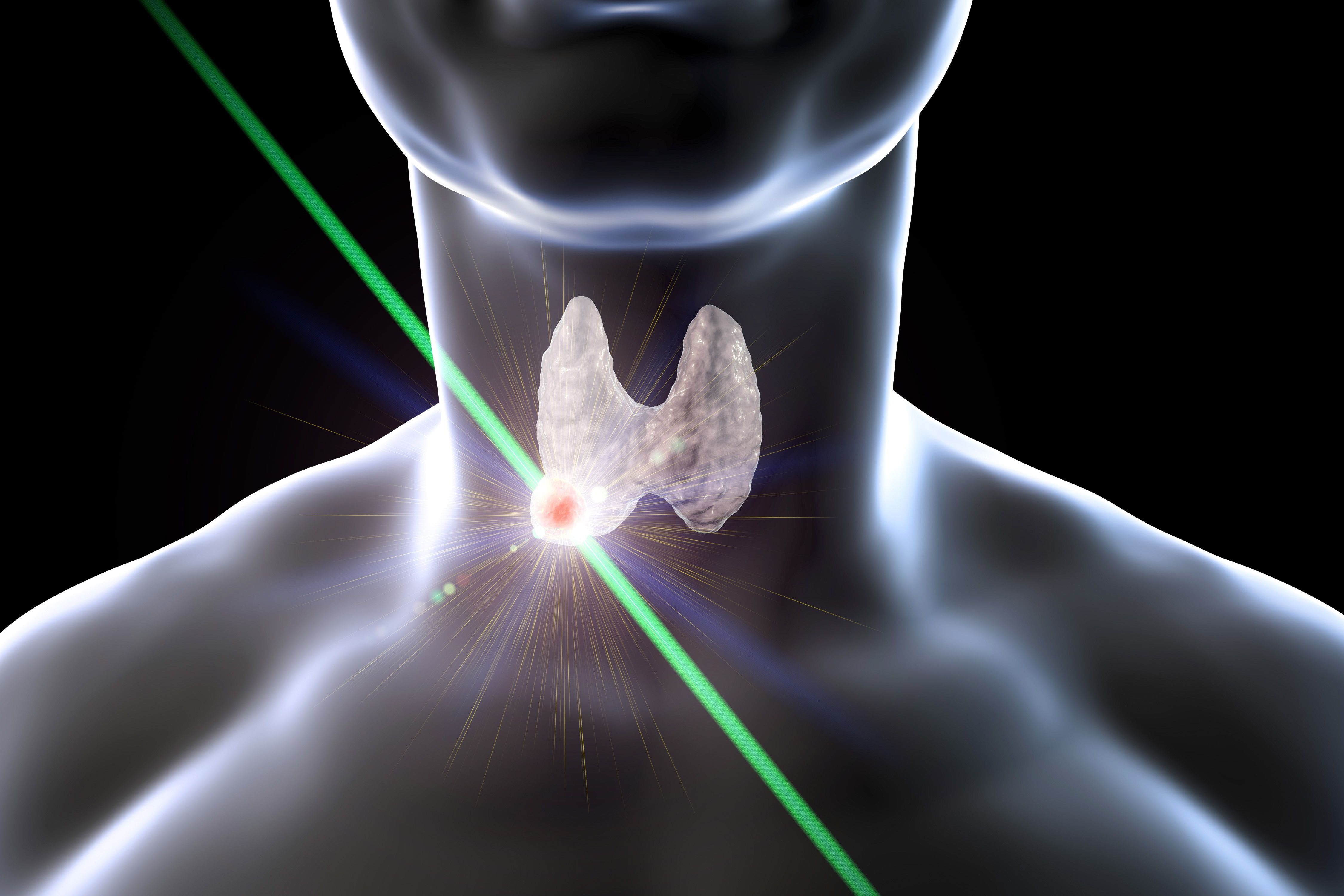Article
Treatment Recommendations for Cardiovascular Conditions with Thyroid Dysfunction
Thyroid hormones have a wide range of effects of the cardiovascular system. Too much or too little thyroiid hormones can induce or exacerbate existing cardiovascular disorders. In this article, we highlight the treatment recommendations for thyroid-related CVD events.
(©Kateryna_Kon, AdobeStock)

Thyroid hormones have a wide range of effects of the cardiovascular system. Too much or too little thyroiid hormones can induce or exacerbate existing cardiovascular disorders, such as atrial and ventricular arrhythmias, atherosclerotic vascular disease, dyslipidemia, and heart failure.
Writing in the May 13 online issue of the journal Thyroid, Anne R. Cappola, M.D., of the Perelman School of Medicine at the University of Pennsylvania, and colleagues from the National Heart, Lung, and Blood Institute program summarize the treatment recommendations for cardiovascular disease that is associated with thyroid dysfunction. In this article, we highlight the recommendations.
ATRIAL FIBRILLATION
1. Thyroid testing for a first episode and when ventricular rate is difficult to control.
2. Beta-blocker to control ventricular rate when complicating thyrotoxicosis.
HEART FAILURE
1. Thyroid testing at initial presentation
DILATED CARDIOMYOPATHY
1. Thyroid testing at initial presentation
AMIODARONE USE
1. Thyroid testing before, within 3 months of initiation, and every 3–6 months
2. Thyroid testing before, at 1 and 3 months after initiation, and every 3–6 months
SUBCLINICAL HYPERTHYROIDISM
1. If cardiac risk factors or cardiac disease, treat if TSH persistently <0.1 mIU/L
2. If cardiac disease, consider treatment if TSH persistently 0.1–0.4 mIU/L (8,9)
OVERT HYPOTHYROIDISM
1. With known coronary artery disease, start low-dose levothyroxine and increase dose slowly.
2. If unable to tolerate full dose, additional measures to treat CVD are indicated
3. Treat all patients or consider treatment with TSH level persistently >10 mIU/L
CONSIDER TREATMENT:
1. For patients with TSH levels 4.5–10 mIU/L with ASCVD, heart failure, or associated risk factors for these diseases
2. For patients with TSH levels 4.5–10 mIU/L, for those patients younger than 65 years with increased cardiovascular risk (e.g., previous cardiovascular disease, diabetes, dyslipidemia, hypertension, metabolic syndrome), particularly with TSH level persistently >7 mIU/L (12)
REFERENCE
Anne R. Cappola, Akshay S. Desai, Marco Medici, et al. "Thyroid and Cardiovascular Disease: Research Agenda for Enhancing Knowledge, Prevention, and Treatment," Thyroid. Published online May 13, 2019. https://doi.org/10.1089/thy.2018.0416





